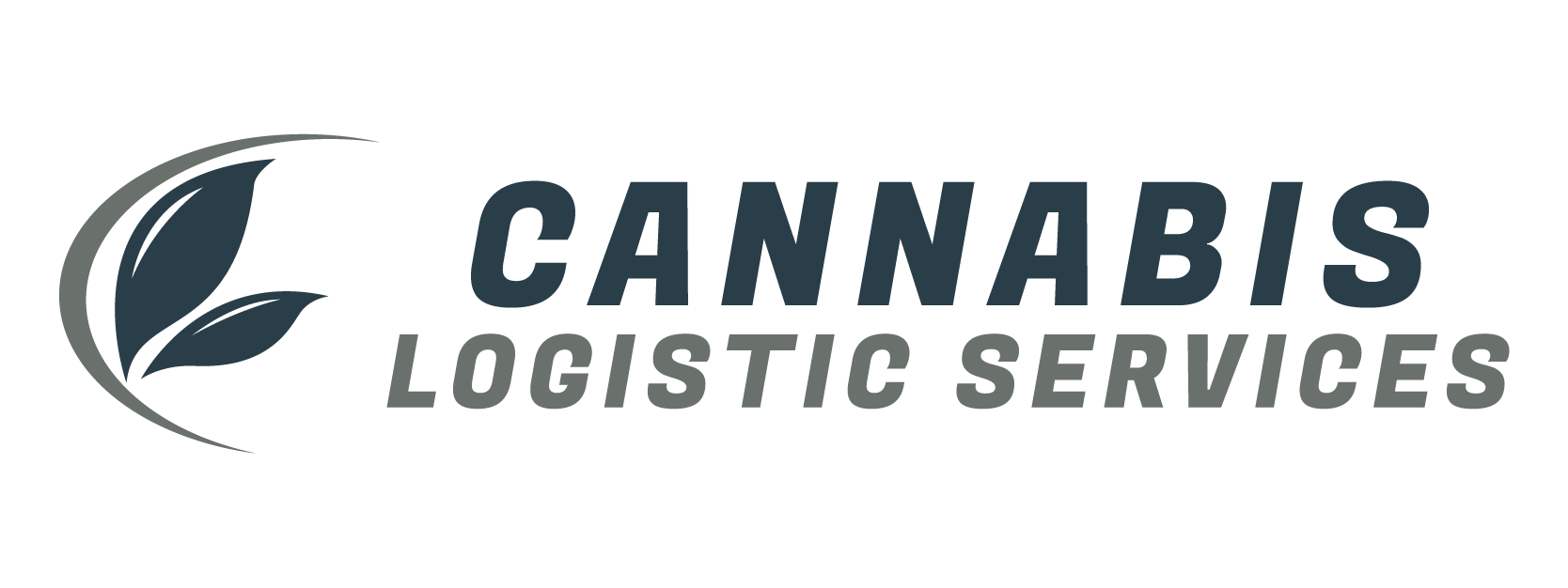Fulfillment centers are evolving into essential infrastructure for operators and logistics specialists alike. As legalization spreads and demand surges—especially in e-commerce and delivery channels—traditional in-house logistics no longer suffice. Here’s why dedicated fulfillment centers offer a strategic advantage.
Compliance, Security, and Traceability
Cannabis logistics are uniquely regulated: every gram must be tracked via seed-to-sale systems, stored in secured and climate-controlled facilities, and transported under strict state rules. Fulfillment centers are purpose-built with surveillance, gated access, and real-time tracking systems. Centralizing inventory under compliant infrastructure simplifies audits and reduces the risk of penalty—transforming regulatory burden into operational reliability.
Economies of Scale Across Multiple Jurisdictions
As multi-state operators distribute across various regulatory landscapes, warehousing in centralized fulfillment centers offers major cost savings. Companies that consolidate packaging, labeling, fulfillment, and transportation under one roof reduce vendor fragmentation and shipping redundancy. Instead of replicating systems per location, operators can leverage shared infrastructure, lowering per-unit costs and simplifying logistics management.
Advanced Inventory Management & Data-Driven Efficiency
Operational scale demands real-time inventory visibility. Dispensaries often face supply constraints and rely on just-in-time restocking—meaning fulfillment systems must be accurate to the minute. Modern fulfillment centers integrate warehouse management software, predictive analytics, and robust forecasting tools to optimize replenishment, reduce stockouts, and dynamically schedule workflows. These systems turn historical data into competitive intelligence.
Optimized Fulfillment and Last-Mile Delivery
With e-commerce accounting for a growing share of cannabis retail—over 75% of sales in some markets are processed via delivery—logistics expectations have intensified. A centralized fulfillment network ensures faster processing, standardized packaging, and compliance-driven handling during last-mile transit. Consolidation at a central hub also enables negotiated shipping rates and streamlined courier relationships, boosting both speed and savings.
Business Agility for Market Expansion
Entering new markets is fraught with regulatory differences, labeling requirements, and shifting consumer expectations. Fulfillment hubs equipped for multi-jurisdiction compliance offer plug-and-play capabilities, allowing operators to pivot quickly—adding SKUs, adjusting labeling, and scaling in-state without major capital reinvestment. This flexibility enables faster launches and broader geographic reach.
Focused Core Operations
Outsourcing the complexities of warehousing, packaging, and shipping allows cannabis companies to focus on cultivation, branding, and innovation. Operators that partner with fulfillment providers often report improved quality control and operational efficiency, empowering internal teams to concentrate on growth strategies rather than daily logistics tasks.
Opinion: Fulfillment Centers as Strategic Growth Engines
For cannabis logistics analysts and operators, fulfillment centers are more than real estate—they are modular growth engines. They encapsulate compliance, cost-efficiency, data intelligence, and adaptability. Rather than scaling linearly by adding warehouses in every state, sophisticated operators leverage fulfillment centers to scale exponentially.
In an industry defined by regulatory fragmentation and constant expansion, fulfillment hubs level the playing field. Operators with access to advanced fulfillment infrastructure gain clear advantages in speed, cost, and service quality. Meanwhile, those clinging to fragmented in-house systems risk operational bottlenecks and diminished competitiveness.
Final Thoughts
Cannabis fulfillment centers are indispensable for scaling operations. They ensure compliance, centralize operations, optimize inventory, support e-commerce, enable market expansion, and free up internal focus. In a fast-evolving market, those who treat fulfillment as a strategic pillar—rather than a backend necessity—will lead the next generation of cannabis logistics.
